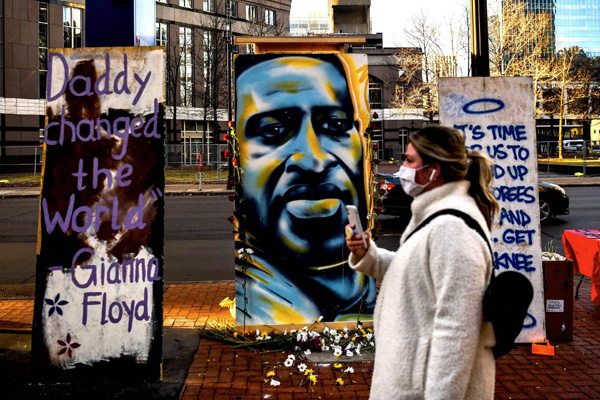JUSTICE DEFERRED IS JUSTICE DENIED –
April 16, 2021 – When George Floyd’s girlfriend Courteney Ross took the stand for the prosecution, she described the couple’s struggle with drugs as part of the nation’s deadly opioid epidemic. “It’s a classic story of how many people get addicted to opioids,” Ross testified. “We both suffered from chronic pain. We both had prescriptions.” During the opioid crisis, millions of Americans became addicted to prescription painkillers, then turned to street opioids including fentanyl.
“We tried really hard to break that addiction many times,” Ross said. Her account broadly matches the way scientists, addiction care specialists and many law enforcement experts now think about addiction: as a chronic illness. It’s dangerous and challenging for the person with substance use disorder, but is most often treatable with proper health care.
Yet during Derek Chauvin’s trial, his defense has worked to frame the addiction of George Floyd, a Black man, as something criminal, dangerous and frightening. “This is what’s called a speedball, a mixture of an opiate and a stimulant,” said Chauvin’s attorney Eric Nelson, referring to a pill found at the scene where George Floyd was killed. Taylor has written extensively about racial bias in the treatment of people with addiction.
He notes most people who use drugs face stigma. But studies show people of color with addiction are often viewed far more negatively than whites — as dangerous criminals rather than sympathetic patients. Taylor says this framing is racist, and he believes it has been used deliberately by Chauvin’s defense team to sway the jury. “The idea that the presence of drugs in George Floyd’s system should somehow be weaponized against him to justify someone killing him is incredibly painful,” he said.



